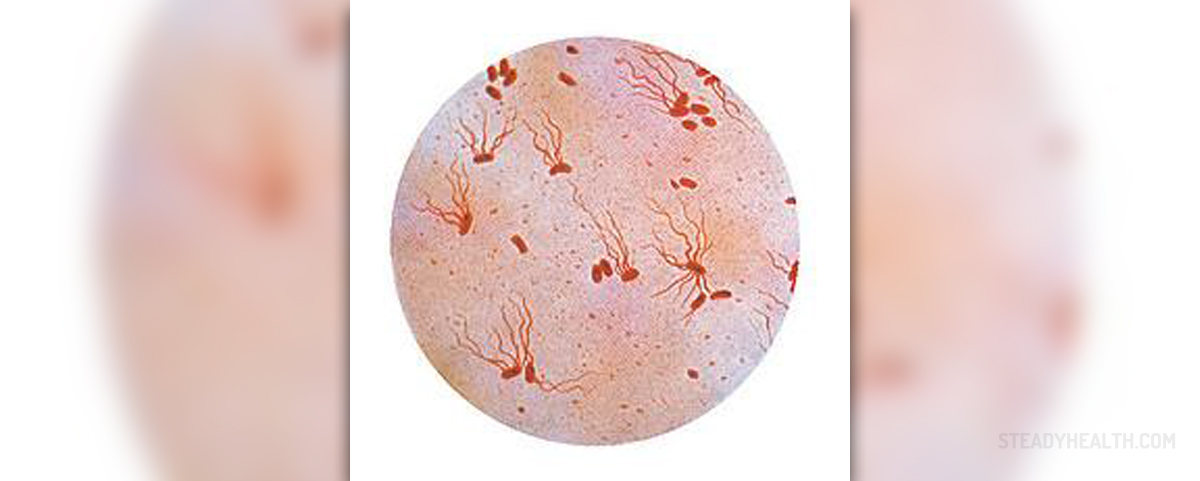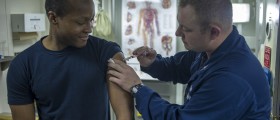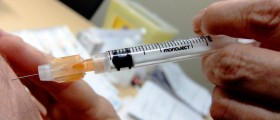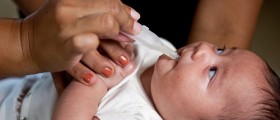
Typhoid fever is an infectious disease affecting people all around the world. It develops after contracting Salmonella typhy bacteria. Typhoid fever is not so frequently reported in industrialized countries and remains prevalent in the developing countries. There are several ways of transmission including contaminated food and water as well as close contact with an infected individual.
After contracting the bacterium and incubation which is approximately a few weeks long patients start experiencing high fever, headache, abdominal pain and diarrhea and/or constipation. The infection is successfully treated with antibiotics and most patients completely recover while some may eventually die due to complications.
Prevention of Contracting Typhoid Fever
Many countries have developed programs regarding typhoid fever and promote preventive measure which can be quite helpful and control the disease. It is essential to provide with safe drinking water and improve sanitation as much as possible. Also, adequate medical care of patients who are confirmed to suffer form typhoid fever is of additional importance.
Many health experts believe that vaccination is highly efficient means of prevention when it comes to high-risk population. There are two vaccines against typhoid fever. The first one in administered via one injection while the second is administered twice orally. These vaccines are not completely efficient against typhoid fever, and most individuals require re-vaccination.
People traveling to endemic countries are basically recommended vaccination. However, apart from the vaccine, people going to countries where typhoid fever is common should also be familiar with ways of prevention. They must know how to behave and avoid contacting the harmful bacteria.
Hand hygiene is crucial. Frequent washing hands is of major importance for prevention of typhoid fever. This particularly refers to washing hands prior to preparing meals and after going to the toilet. An alcohol-based hand sanitizers should be carried anywhere a person goes. Untreated water must not be consumed and only bottles water is allowed. Also, before drinking bottled water, it should be first wiped. As far as food is concerned, raw fruits and vegetables must not be consumed and only hot food, stored and served at room temperature is allowed.
Prevention of Further Disease Spread
People who are suffering from typhoid fever must take care and not allow further spread of the infection. They are supposed to wash their hands frequently with hot water and soap, especially after using the toilet. They are also not recommended to prepare food until the infection is eradicated.
All household items must be kept impeccably clean especially toilets, door handles, telephone receivers and water taps.
Finally, by keeping personal items separated, transmission of infection is additionally reduced.

















Your thoughts on this
Loading...